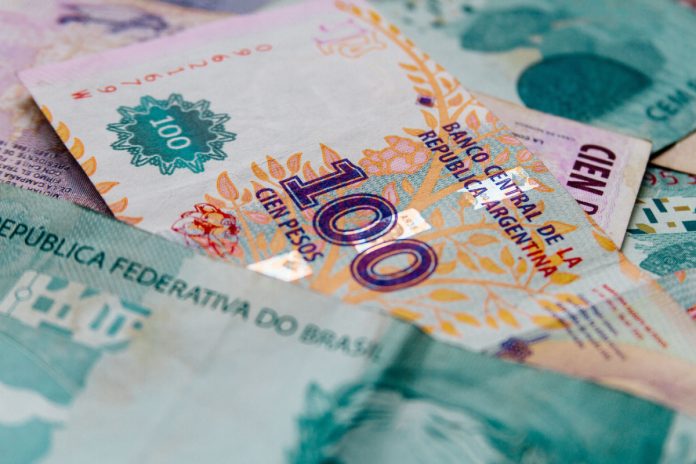Brazil and Argentina are reportedly in discussions to work on a common currency similar to the euro, according to the Financial Times.
An announcement on the project will be revealed this week at a summit meeting in Buenos Aires and intends to invite other South American countries into the project alongside the continent’s two largest economies.
The Financial Times noted that if the common currency is agreed upon and put into place, this could create the second-largest currency bloc in the world and strengthen economic relations between Brazil and Argentina, according to Argentine Alberto Fernández and newly-elected Brazilian president Luiz Inácio Lula da Silva.
Lula visited Argentina during his inaugural international trip which also marked the return of Brazil’s reentering of the Community of Latin American and Caribbean States (CELAC) body, which it had previously left in 2019 during Jair Bolsonaro’s tenure.
Brazilian officials have recommended that the common currency be titled ‘Sur’ (South) to relieve some of its dependance on the dollar and bolster trade within the region.
Economy Minister for Argentina, Sergio Massa, explained that both countries will open discussions on the need for a common currency, highlighting the need to run through every facet before a decision can be made.
He said: “There will be a decision to start studying the parameters needed for a common currency, which includes everything from fiscal issues to the size of the economy and the role of central banks.
“It would be a study of mechanisms for trade integration,” Massa added. “I don’t want to create any false expectations, it’s the first step on a long road which Latin America must travel.”
A South American common currency was initially brought up in discussions during Lula’s presidential campaign. Brazil’s Finance Minister, Fernando Haddad, also outlined plans for the currency in a Brazilian article last year.
A united common currency within the region could represent 5% of the world’s gross domestic product, a sizable figure as the largest currency union in the world is represented by the euro.


























